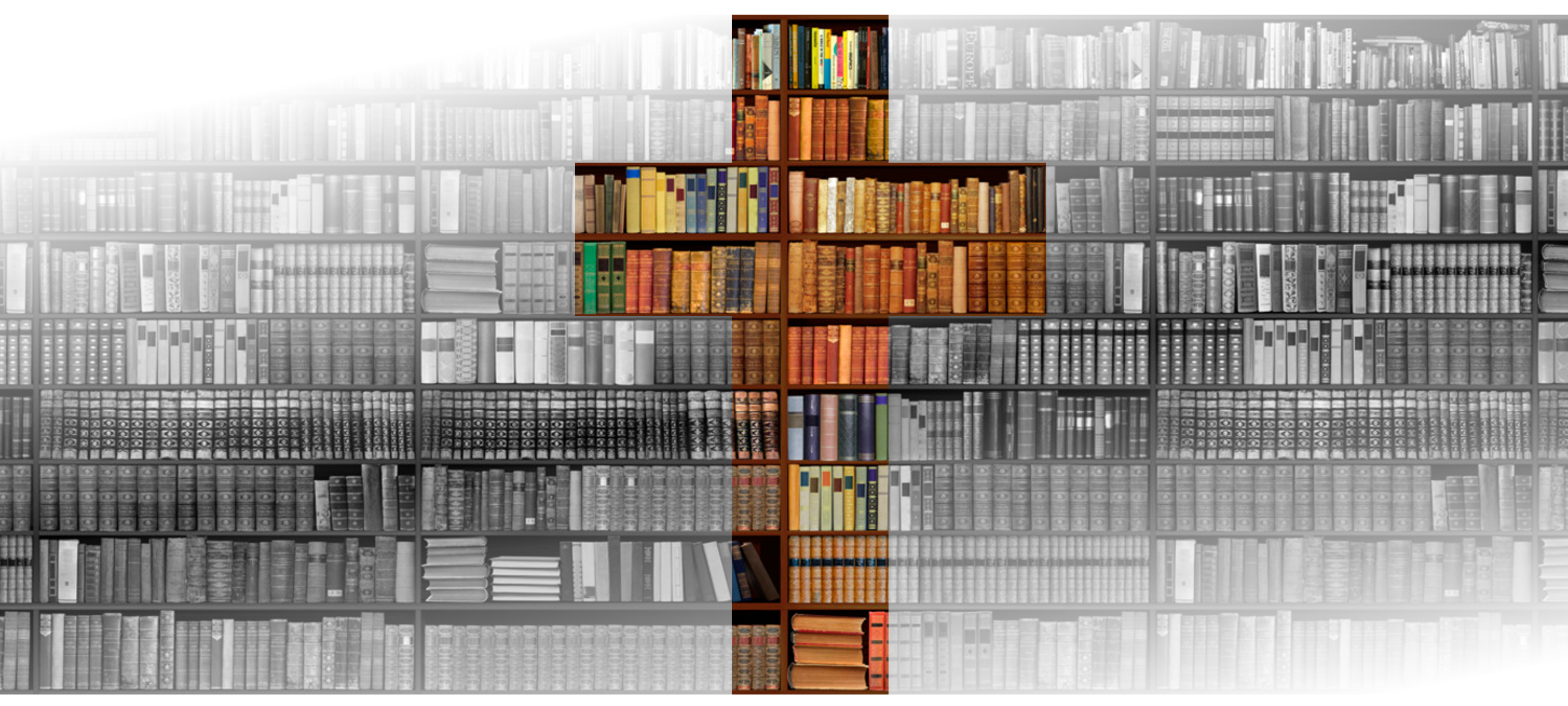Moses said to the Lord, “Pardon your servant, Lord. I have never been eloquent, neither in the past nor since you have spoken to your servant. I am slow of speech and tongue.” -Exodus 4:10
“Nobody’s Perfect,” the saying goes, and truer words were never spoken. Even the saints of scripture had some impressive flaws. Moses stuttered and had a violent temper. David committed, depending on your reading, either rape or adultery and covered it up with a murder, bloodying not only his own hands, but the hands of those who reported to him in the process. Paul persecuted the church before his encounter on the road to Damascus. Peter denied Jesus three times. Thomas wouldn’t believe in the resurrection until he’d touched the risen Christ. And those are some of the less-scandalous flaws of the apostles. To say that they came from rough backgrounds would be an understatement. They were such a shifty bunch of ne’er do wells that it wouldn’t be an overstatement to say they resembled an adventuring party. We know these flaws because they’re in the Bible – the biblical authors felt it was important that we know them.
There are no flawless heroes in this world. And yet, despite these flaws, some of them disturbing in their seriousness, we still admire these folks because they were used by God to advance His purposes. Being flawed disqualified nobody in scripture from being used by God, despite some of them thinking it was so.
I recently spent some time recording some bonus content about the game Darkest Dungeon with Mike Perna of Game Store Prophets and Innroads Ministries. One of the things that really sucked both of us into the game was that the heroes you send down to flush out mutated swine, malevolent skeletons, bloodthirsty cultists and worse are themselves flawed, imperfect people. They get stressed out, sometimes to the point of becoming irrational, hopeless, abusive, or selfish. They become diseased by dirty knives and become claustrophobic when investigating abandoned torture implements. The experience of trekking through darkness and fighting things that shouldn’t even exist wears on them, and it takes a spectacular amount of time and treatment to get them fully out from under the effects of what they’ve seen and done.

Heroes from film and comics fare little better. Iron Man is arrogant and has a drinking problem. Batman is nuts. Captain America is struggling to keep up after waking up in a world very different from the one he lost consciousness in. Neal from White Collar has a weakness for pretty women and priceless works of art. The cops in Flashpoint have family and personal issues
And yet, all of those folks despite being imperfect are still heroic. There was a time in my life that I would have found all of this distressing – that it couldn’t be that these people, real and fictional, were both looking up to and possessed of flaws of various types. Something had to give. Either these people were flawed, or they were heroic.
It turns out the thing that needed to give was my own perspective. People become heroic not because they don’t have flaws, but because they refuse to let those flaws cripple them. Flaws also lend a certain believability to fictional characters – in fact characters without them tend to feel fake and cheesy. Terms like “Mary Sue” exist to describe such characters.
It’s easy to forget this when creating a character in an RPG. Many of us gamers, myself included, tend to want to make a character that resembles an alabaster statue: smooth, flawless and untouchable, with no points of weakness or vulnerability to snag unpleasantly on the protrusions of the adventuring life. Those characters, however, tend to feel flat in a story. In fact, paradoxically, the flaw of such a PC will rapidly become the fact that they have no other flaws! Flaws give a character something to work against and overcome even when they aren’t fighting the minions of the campaign’s Big Bad, but they also reinforce that the hero is a person, because people struggle. We struggle with things as simple as trying to lose weight and as profound as faith and doubt. We struggle alone and together, in tandem and in opposition. None of us will get out of this life without having to wrestle with something, and for many of us, it’s quite a few things. (And if we don’t think we’re struggling with anything, the things we struggle against are a crippling lack of self-awareness and the sin of Pride.)
So the next time you’re building a character, give some thought to the ways that they’re less than perfect, and if nothing comes to mind at that point, keep an eye out as the game progresses. My current PC in Grant’s game’s biggest flaw – that he can be vicious despite a sincere desire to do the right thing – developed in play.
With any luck, you’ll find that as you work through the struggles of your fictional self, you may find it easier to cut some slack to people in the real world.



One thought on “Blog: Nobody’s Perfect”
I’ve preferred characters with significant flaws for a long time. I often come up with them even in systems that don’t have a system for flaws. My favorite systems reward players for taking, and playing, flaws, either indirectly like Burning Wheel, with extra character points like GURPS, experience for failure in Apocalypse Games, etc. It’s definitely something I have in mind when I design or hack games – how do I reward players for having interesting flaws?